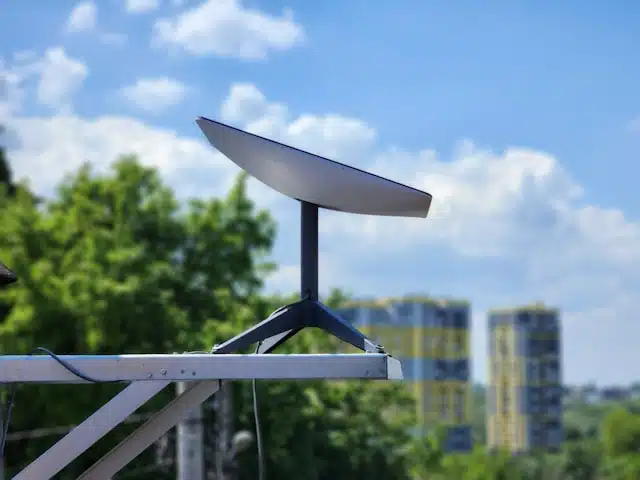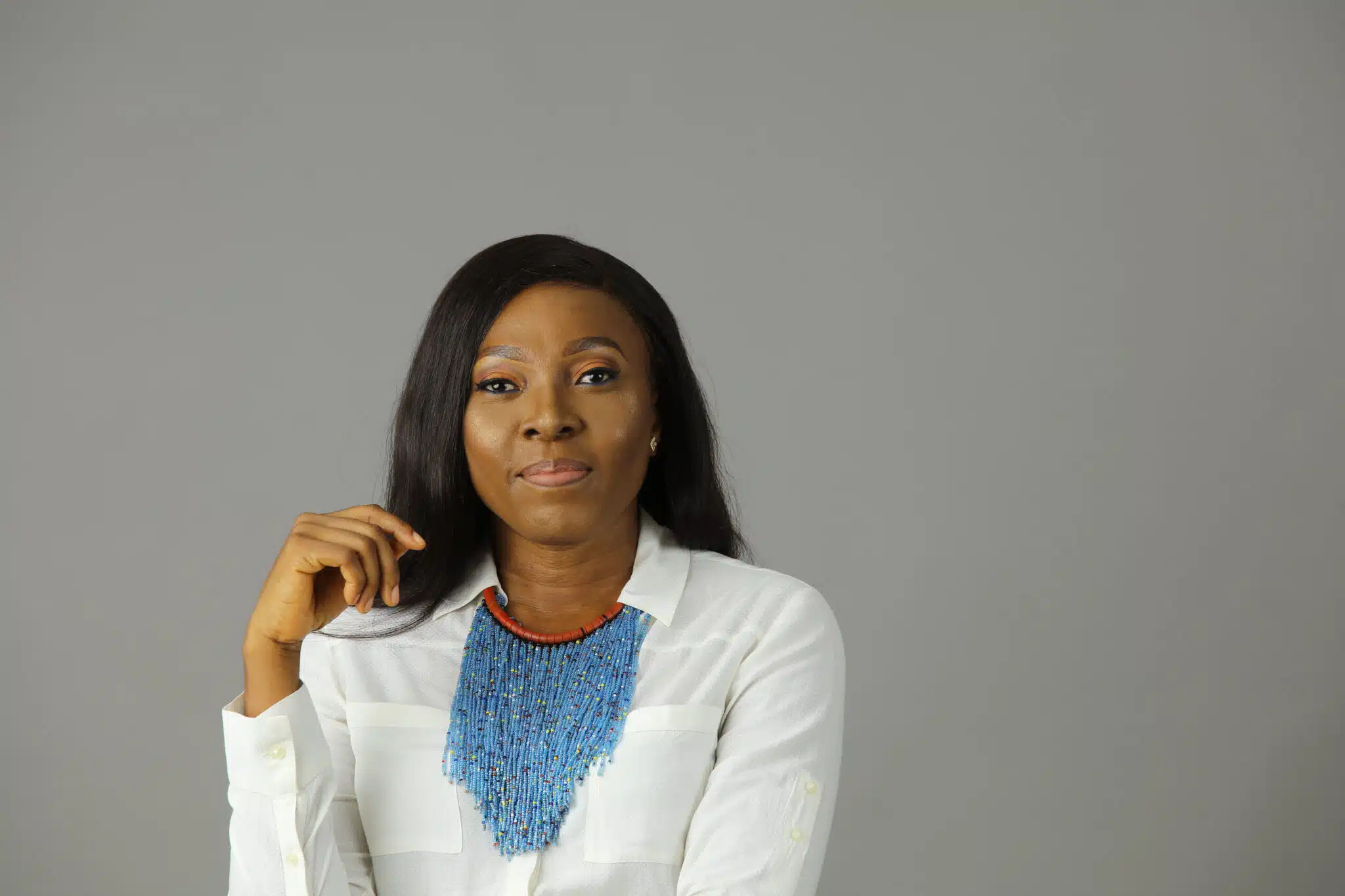South Africa’s communications regulator, the Independent Communications Authority of South Africa (ICASA), has begun seizing Starlink equipment from local resellers, intensifying a regulatory crackdown.
The seizures come amid ICASA’s broader effort to shut down unauthorised usage of Starlink’s satellite internet services. While the company does not have a licence to operate in South Africa, many users, especially in underserved rural areas, have accessed its services through grey-market imports or international roaming workarounds.
According to MyBroadband, ICASA recently confiscated kits from IcasaSePush, one of the firms accused of reselling Starlink subscriptions sourced from countries like Mozambique.
“Providing or reselling electronic communications services without a licence is illegal,” ICASA said in a statement. It noted that the enforcement is part of its mandate to uphold South Africa’s telecoms laws.
However, Starlink could help extend Internet connection to remote communities. Starlink, operated by Elon Musk’s SpaceX, offers Internet via satellite and has become a lifeline in areas where terrestrial infrastructure is lacking or unreliable.
By targeting unauthorised access, ICASA’s actions have sparked concern among rural users and tech observers who argue the enforcement could deepen the country’s digital divide.
In response to mounting pressure and debate, the Department of Communications has proposed regulatory reforms to encourage foreign participation in the telecoms sector.
Communications Minister Solly Malatsi recently outlined a draft policy that could allow companies like Starlink to meet South Africa’s Broad-Based Black Economic Empowerment (B-BBEE) requirements via alternate channels, such as local partnerships and infrastructure development.
However, he was quick to clarify that the proposal is not a favour to SpaceX, but part of a broader strategy to attract tech investment without compromising transformation goals.

Victoria Fakiya – Senior Writer
Techpoint Digest
Stop struggling to find your tech career path
Discover in-demand tech skills and build a standout portfolio in this FREE 5-day email course
“We are not giving Starlink special treatment,” Malatsi said. “Any reforms will apply to all players.”
The Starlink saga has also spilt into public discourse after Musk criticised South African regulations, claiming the B-BBEE framework blocked Starlink from operating because he is “not black.” His comments have stirred debate, but government officials maintain that all companies must adhere to existing rules.
This regulatory confrontation signals a growing tension in Africa’s largest telecoms market: how to modernise regulations to welcome innovation, while maintaining sovereign control and promoting economic equity.
Whether the proposed policy changes ease Starlink’s path or not, South Africa’s approach could set a precedent for how other African nations reconcile regulation with the urgent demand for connectivity.











